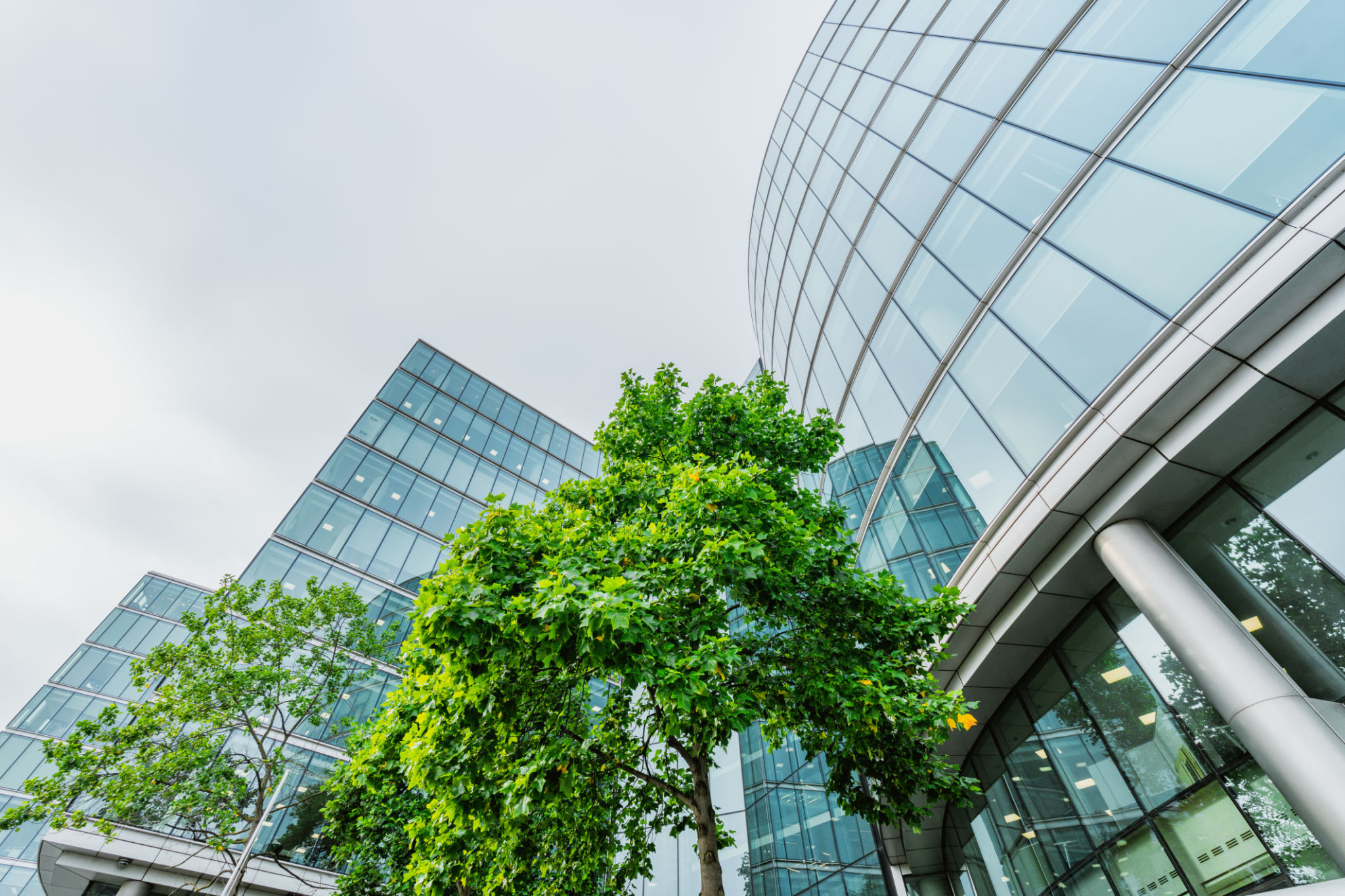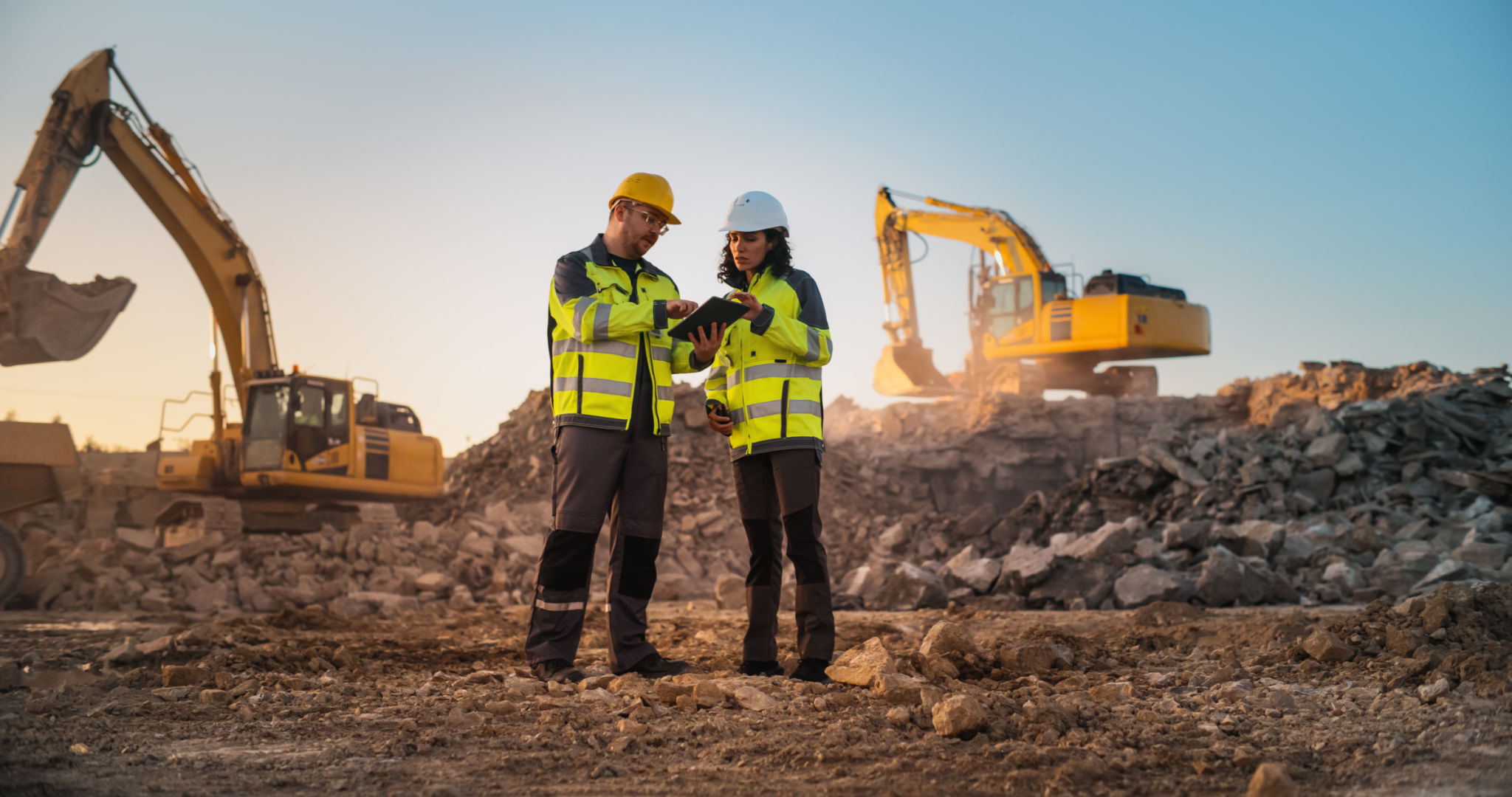Exploring the Latest Trends in Commercial Construction: What to Expect
AG
Introduction to Current Trends
In the dynamic world of commercial construction, staying updated with the latest trends is crucial for industry professionals. These trends not only influence the design and functionality of buildings but also impact sustainability, technology adoption, and project management methodologies. As we navigate through 2023, several key trends are shaping the landscape of commercial construction, paving the way for more efficient and innovative structures.
One of the most significant trends is the increased focus on sustainability and green building practices. With growing awareness about climate change and environmental impact, there is a heightened demand for eco-friendly construction materials and energy-efficient designs. This shift is driving companies to implement sustainable practices throughout the construction process.

Technological Advancements
Technology continues to revolutionize the construction industry, with new tools and software enhancing every aspect of the building process. Building Information Modeling (BIM) is becoming a staple in commercial construction, allowing for more precise planning and collaboration among stakeholders. Additionally, the use of drones for site surveys and inspections is increasing, providing better data accuracy and safety.
Another technological advancement making waves is the use of augmented reality (AR) and virtual reality (VR). These technologies offer immersive experiences that aid in visualizing projects before they are built, improving design accuracy and client satisfaction. As these tools become more accessible, their adoption is expected to grow substantially.

Sustainability in Focus
Sustainability is more than just a buzzword in construction; it is a fundamental aspect of modern building practices. The integration of renewable energy sources, such as solar panels and wind turbines, is becoming commonplace in commercial projects. Moreover, the use of recycled materials and water conservation systems is gaining traction as part of comprehensive sustainability strategies.
Companies are also focusing on achieving certifications like LEED (Leadership in Energy and Environmental Design) to demonstrate their commitment to sustainable building practices. This not only benefits the environment but also enhances the marketability and value of properties.

Design Trends: Flexibility and Functionality
The design of commercial spaces is evolving to meet the changing needs of businesses and employees. Flexibility is key, with open floor plans and adaptable spaces becoming increasingly popular. This trend allows businesses to modify their environments easily to accommodate different activities or team sizes without extensive renovations.
Moreover, there is a growing emphasis on creating healthy work environments that prioritize natural light, air quality, and ergonomic design. These features contribute to employee well-being and productivity, making them highly desirable in modern commercial construction projects.
Project Management Innovations
Effective project management is critical in ensuring construction projects are completed on time and within budget. The latest trends in project management include the adoption of lean construction principles that focus on minimizing waste and maximizing value. This approach improves efficiency and reduces costs significantly.
Additionally, there is an increased use of cloud-based project management tools that facilitate real-time communication and collaboration among project teams. These platforms provide better oversight and control over every phase of the construction process, leading to more successful project outcomes.

The Future Outlook
The future of commercial construction looks promising as these trends continue to gain momentum. With sustainability at the forefront and technology driving innovation, the industry is set to experience significant advancements in coming years. Professionals who stay informed about these trends will be better equipped to meet the demands of modern construction projects.
As we look ahead, it is essential for companies to adopt a proactive approach to embracing these changes. By doing so, they will not only improve their operations but also contribute to a more sustainable and efficient built environment.
